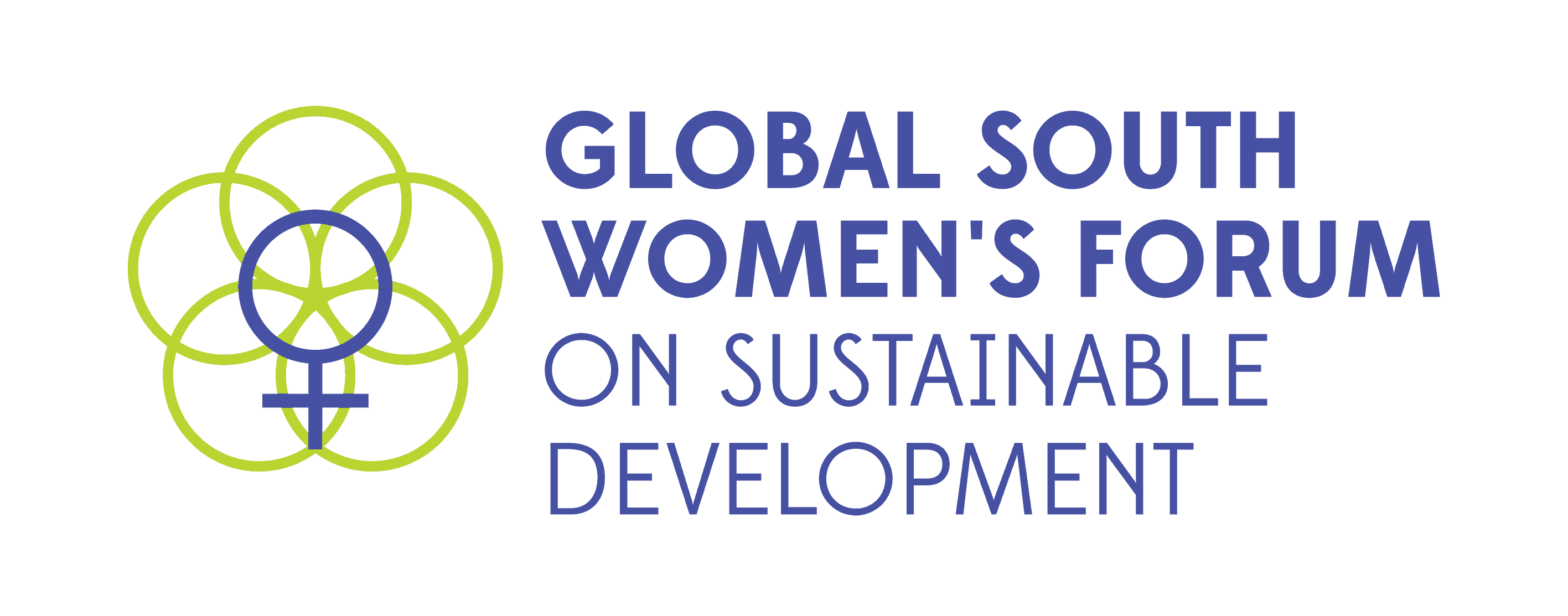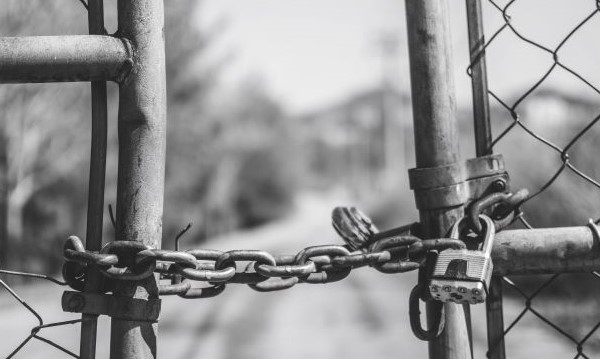Borderlines of parenthood: Surrogacy across countries
In the realm of international human rights law and the complexities of transnational surrogacy, a dynamic interplay unfolds, offering both hope and controversy. This multifaceted landscape involves a diverse array of actors, from women acting as surrogates to intending parents and the children born from these arrangements, all navigating intricate ethical dilemmas and legal uncertainties. The globalised pursuit of parenthood through surrogacy mirrors issues faced by migrants and stateless individuals, as access to documentation and legal recognition become pivotal concerns and disputes over parental rights and cross-border movements arise. This session illuminated these intricacies by showcasing expert panellists who engaged in roleplay exercises to augment our understanding and ultimately foster collaboration and advocacy strategies firmly rooted in human rights to protect the rights and dignity of those entangled in transnational surrogacy.
Speakers
Jihan Jacob is the associate director of legal strategies for Asia at the Center for Reproductive Rights. She is a woman human rights defender and has been practising law for over a decade. She has led and supported the Asia programme’s engagement and partnerships with UN bodies and agencies, as well as national and regional organisations in South, Southeast, and Central Asia, on various sexual and reproductive health and rights issues including abortion and surrogacy.
Chandy Eng is the executive director of Gender and Development for Cambodia (GADC). She is a feminist who has been working in the gender equality movement for over 10 years and has been working at the ASEAN level in ACSC/APF and in international feminist movement advocacy such as UPR, CEDAW, and CSW over the last seven years.
Dr Sarojini Nadimpally is a public health researcher and scientist in Delhi, and a leading feminist bioethicist in India. Through the Delhi-based non-profit SAMA, which she co-founded in 1999, Sarojini has led several studies on public health, reproductive technologies and surrogacy, ethics in clinical trials, access to medicines especially for marginalised communities, and the right to health in India’s conflict zones (specifically Kashmir, Gujarat and Uttar Pradesh).
Dr Faustina Pereira is a human rights lawyer, legal scholar and gender and sustainable development specialist. She is the senior regional director for Asia at the Center for Reproductive Rights and is based in Dhaka, Bangladesh. She is also a member of the Commission of Inquiry on Myanmar, set up by ILO. As an academic and scholar, Dr Pereira teaches and trains on the areas of poverty, development, gender, migration, and displacement.
Kruthika R (moderator) is a human rights lawyer and advocacy and communications specialist working with the Center for Reproductive Rights (New York) on sexual and reproductive rights and health in Asia. Previously, she worked with the Centre for Law and Policy Research (Bengaluru) for nearly five years on constitutional law and history, transgender rights and digital human rights. Kruthika holds a BA LLB (Hons) degree from Christ University, Bengaluru and an LLM in Human Rights Law from the Central European University, Vienna.



